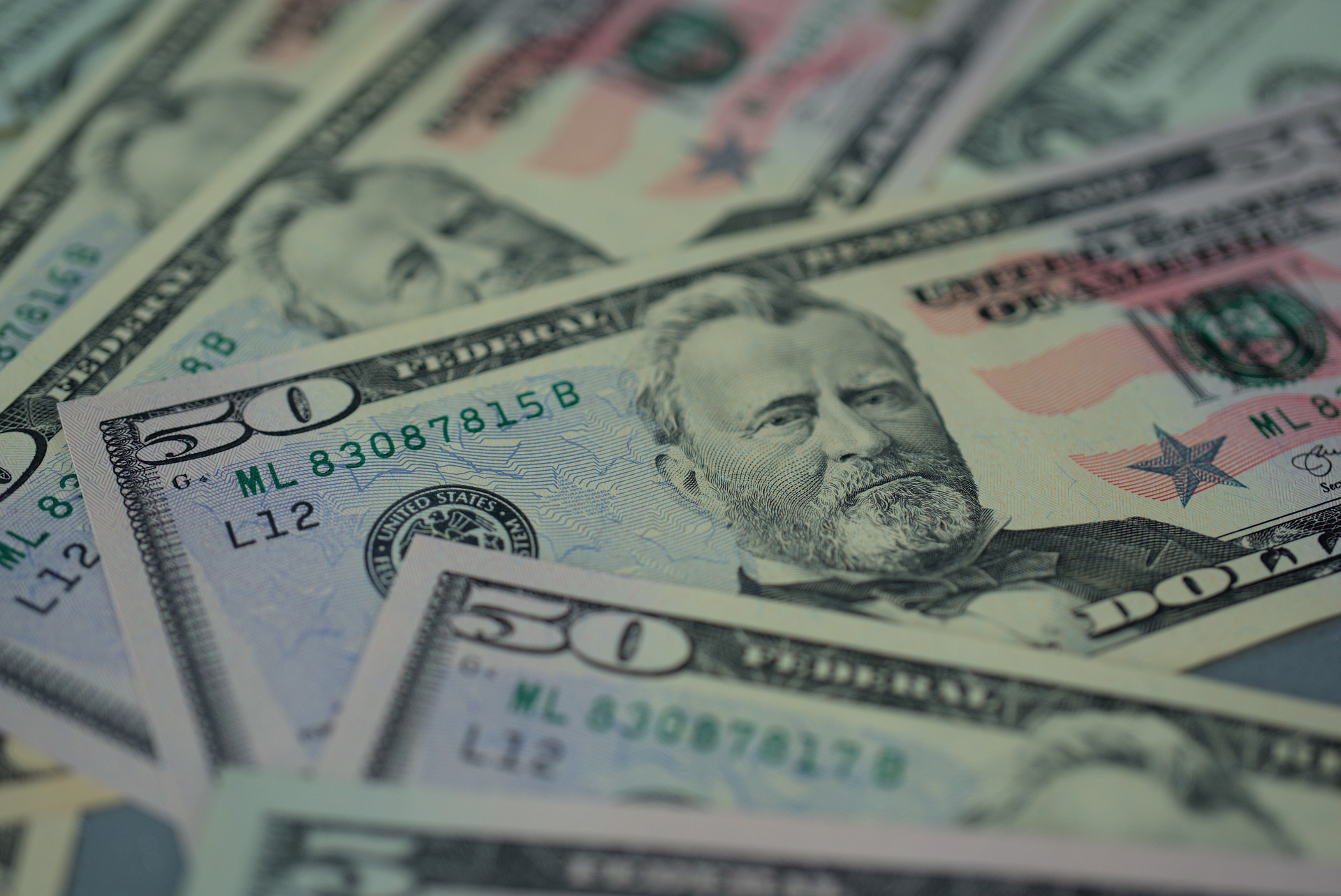
08 Jun How much will I owe in taxes when I sell my home?
Photo: pixabay.comQ. I inherited a home 11 years ago. At the time, the house was valued at $887,000. It’s now worth $1.567 million. I’d like to sell the house and buy a new place. If I sell, it looks like I would have close to $800,000 in capital gains. I own the house outright so there is no mortgage. How can I avoid or lower the tax?
— Seller
A. It’s wonderful that you have built this kind of equity in the home that you inherited.
Given that real estate is considered a capital asset and it has appreciated so much in value, you’ll have to pay some capital gains tax.
You won’t owe on all of the gains though, said Matthew DeFelice, a certified financial planner with U.S. Financial Services in Fairfield.
Thanks to the Taxpayer Relief Act of 1997, if you have lived in the home as your primary residence in two of the last five years, you get a large tax break, DeFelice said.
“Single filers are exempt from capital gains taxes on the first $250,000 of gains and married couples filing jointly are exempt on the first $500,000 of gains,” he said. “This exemption is only allowable only once every two years, and as the seller you must not have sold another home and claimed the exemption within the last two years.”
Additionally, you can add any home improvements, renovations, or additions you have done to the property to your cost basis, thus further reducing the taxes you’ll owe, he said.
Under the current tax code, the remaining amount of gains will get taxed at 0%, 15%, or 20% depending on your income and filing status:
For 2021, you are in the 0% rate if you’re income with income of less than $40,400 or married filing jointly with income of less than $80,800. The 15% bracket is for singles who have income between $40,401 and $445,850, and for married people it’s from $80,801 to $501,600. Those with income above those levels will be in the 20% bracket.
The IRS also charges the highest income investors an additional 3.8% net investment income tax (NIIT) on top of the 20% capital gains tax, Defelice said.
Defelice said using your home as an example, and assuming you are married filing jointly with a household income of $250,000, and that you made $100,000 of home improvements over the years since you inherited the property, it would go like this:
Sale Price: $1,567,000 (assuming net of broker commissions and closing costs)
Cost Basis: ($887,000)
Home Improvements: ($100,000)
Exemption: ($500,000)
Capital Gains: $80,000 X 15% = $12,000 federal capital gains tax owed
President Joe Biden’s American Families Plan will likely include a large increase in the top federal tax rate on long-term capital gains and qualified dividends, from 23.8% today to 39.6% for higher earners who currently fall in the highest federal income tax bracket, DeFelice said.
When including the net investment income tax, the top federal rate on capital gains would be 43.4%, he said.
“Rates would be even higher in many U.S. states due to state and local capital gains taxes, leading to a combined average rate of 48% compared to about 29% under current law,” DeFelice said. “It should be noted however that only wealthy individuals who earn more than $1 million per year would be subject to the increased tax, and those who do not would be largely unaffected.”
Of course, there’s no guarantee the proposed capital gains tax hike will ever materialize.
“The president’s plan must be passed by Congress before he can sign it into law – and he’ll likely have a fight on his hands to get that done. So, wealthy investors shouldn’t panic quite yet, but you might want to start thinking about a future with higher capital gains rates now just in case,” he said.
Email your questions to .
This story was originally published on June 8, 2021.
NJMoneyHelp.com presents certain general financial planning principles and advice, but should never be viewed as a substitute for obtaining advice from a personal professional advisor who understands your unique individual circumstances.

